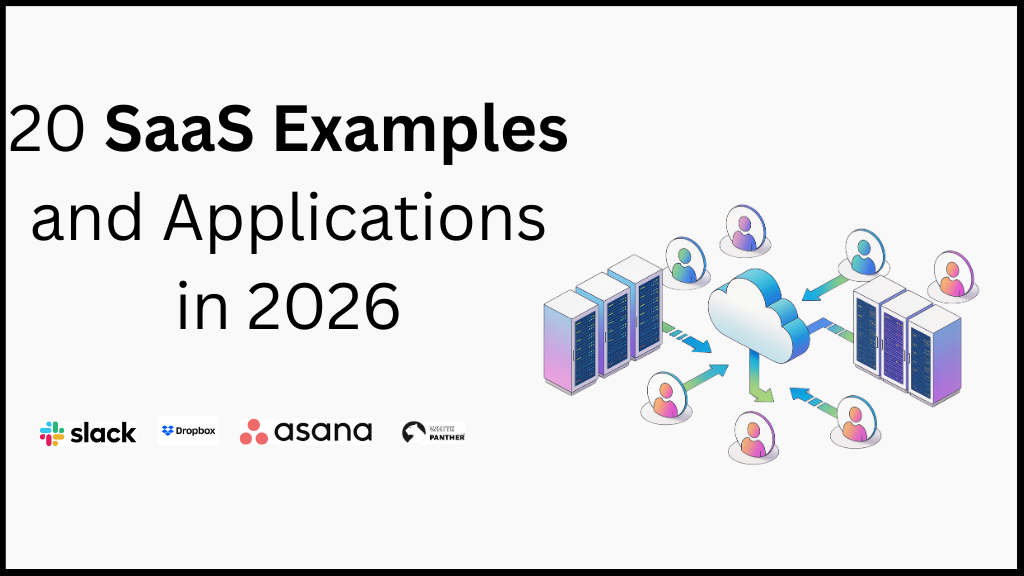In the rapidly evolving landscape of artificial intelligence (AI), the power and potential of AI algorithms to transform industries, societies, and daily lives are immense. From enhancing medical diagnosis to driving autonomous vehicles, and from personalizing education to optimizing supply chains, AI is ushering in a new era of innovation and efficiency. However, as these algorithms become more integral to our lives, the ethical considerations surrounding their development and deployment become increasingly significant. Striking a balance between leveraging AI for its immense benefits and ensuring ethical standards are not only a necessity but a responsibility of developers, companies, and policymakers.
Table of Contents
ToggleThe Ethical Imperative
The development of AI algorithms is not just a technical endeavor but a profoundly ethical one. At its core, AI ethics revolves around ensuring that AI technologies are developed and used in ways that are beneficial, fair, and do not infringe upon human rights or dignity. This includes considerations of privacy, security, fairness, transparency, and accountability. As AI systems make decisions that can significantly impact individuals and communities, the imperative to embed ethical considerations into the heart of AI development cannot be overstated.
Privacy and Security
One of the foremost ethical concerns is the privacy and security of personal information. AI algorithms often require vast amounts of data to learn and make decisions. Ensuring that this data is collected, stored, and used in a manner that respects individual privacy and is secure against breaches is fundamental. Developers must implement robust data protection measures and consider the implications of data usage from the outset.
Fairness and Bias
Another critical issue is the fairness of AI algorithms. AI systems can perpetuate or even exacerbate existing biases if they are trained on biased data sets or if their design overlooks inclusivity. This can lead to unfair outcomes for certain groups of people, undermining the equity and justice that AI has the potential to enhance. Developers must strive to identify and mitigate biases in datasets and algorithms, ensuring that AI systems are fair and equitable for all.
Transparency and Accountability
The “black box” nature of some AI systems, where the decision-making process is not transparent, poses significant ethical challenges. Without transparency, it’s difficult for users to understand or challenge decisions made by AI systems. Furthermore, accountability becomes a concern when decisions made by AI lead to adverse outcomes. Who is responsible? The developers, the companies deploying the AI, or the AI itself? Establishing clear guidelines for transparency and accountability is essential for building trust and ensuring that AI systems serve the public interest.
Ethical AI Development: A Collaborative Approach
Addressing these ethical considerations requires a collaborative approach that involves developers, ethicists, policymakers, and the broader public. Developers and companies must prioritize ethical considerations in the design and deployment of AI systems. This includes ethical training for AI professionals and the implementation of ethical guidelines and standards.
Policymakers play a crucial role in creating a regulatory environment that promotes ethical AI development while encouraging innovation. This includes legislation that protects privacy, ensures transparency, and promotes fairness.
The public also has a role to play, by staying informed about the ethical implications of AI and advocating for ethical practices in AI development and deployment.
Conclusion
As we stand on the cusp of a future increasingly shaped by AI, the importance of embedding ethical considerations into the development of AI algorithms cannot be understated. By striking a balance between the immense potential of AI and the ethical imperatives that guide its development, we can ensure that AI serves to enhance human capabilities and improve lives while respecting our values and rights. The path forward requires a concerted effort from all stakeholders to prioritize ethics in AI, ensuring that this powerful technology acts as a force for good in society.
Check out our other blog posts.
Share this article to help them learn more!







